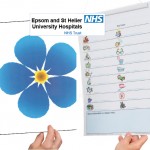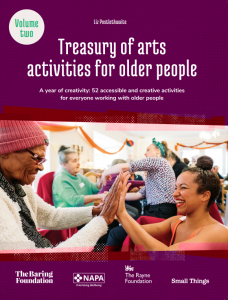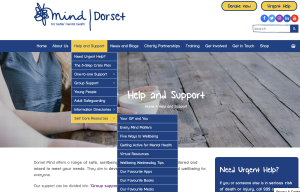No products in the basket.
I was at the Alzheimer Europe Conference in Glasgow recently, and listened to a lot of knowledgeable and passionate people determined to make dementia care better. In one presentation, a simple story was told about a lady who had recently moved to a care home with advanced dementia, and was forever wailing and shouting. No-one could identify the cause of her distress until finally, with some close observation, a carer worked out she had toothache. She applied some Sensodyne toothpaste on her gums and, hey presto, the lady stopped wailing. And then the speaker said, as an aside, the husband was able subsequently to confirm that his wife had always suffered with toothache.
This story was presented as a success, but should it be seen as such? Her husband had information that could have prevented her from going through days, even weeks of pain and upset. Information that could have avoided the disturbance of her fellow residents, and the concern of the staff. It didn’t occur to him to mention his wife’s history of toothache, and no-one asked him. I am not suggesting for a moment he was in any way to blame. I know only too well how obvious these things appear in hindsight, but there was nothing in the system to prompt that conversation. The prompt on our Care Charts regarding teeth is “What I’d like you to know about my teeth or dentures”. That may or may not have been enough to trigger a thought in his mind about her requirement for oral pain relief if he had seen it. I suspect dental issues are a significant cause of discomfort or pain in people living with dementia and it may be that a more proactive approach to information gathering would avoid delays such as this poor lady had to suffer, before the cause of her discomfort could be established.
I discovered a similar example today, in this video. A man with advanced dementia spent all day in his room doing absolutely nothing. When his family came to visit they saw that a flight simulator was included in an activities console the care home had invested in, and it triggered a memory. “We didn’t think to tell you this,” said a member of the family, “but our father was a pilot in the Korean war.” They hadn’t said anything, no-one had asked and it hadn’t occurred to them that this information held the key to bringing their father out of his almost catatonic state. He now spends hours landing planes on the flight simulator, and has started to participate in other activities during the day as well.
Nice story, but what about the weeks, perhaps months he had been there without the information staff needed to coax him back into taking an interest in life? Whether or not there was a flight simulator to hand, the fact that he had been a pilot should have been made available to all staff; at the very least it provided an opportunity for a conversation at some level, perhaps an attempt to interest him in pictures of aeroplanes, anything.
I suspect these stories are the tip of the iceberg, certainly I have heard many, many more. We need to increase awareness of WHY information is collected from friends and families when their loved one moves to a care home, find ways of doing it better, and make sure it is accessible to EVERYONE interacting with the person.







